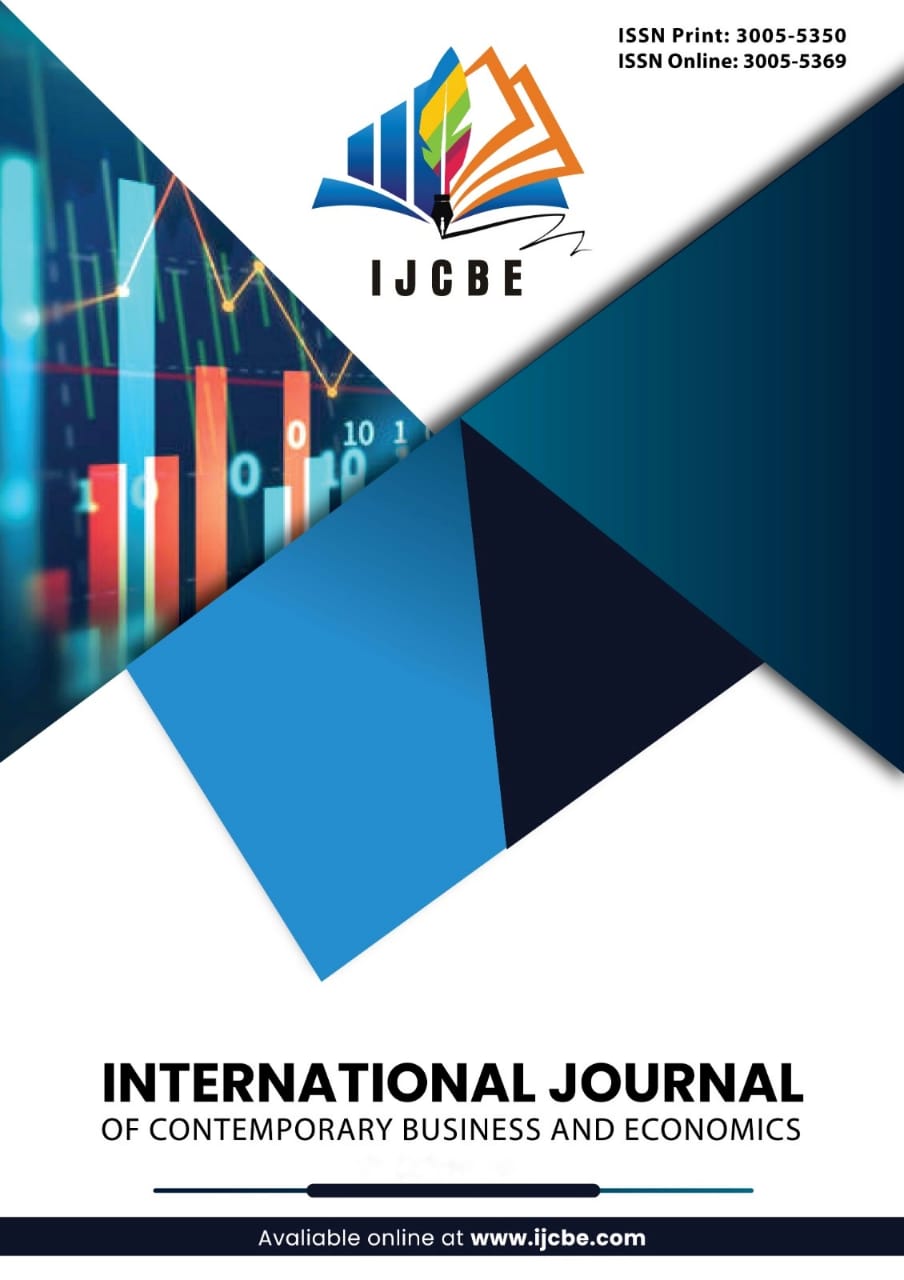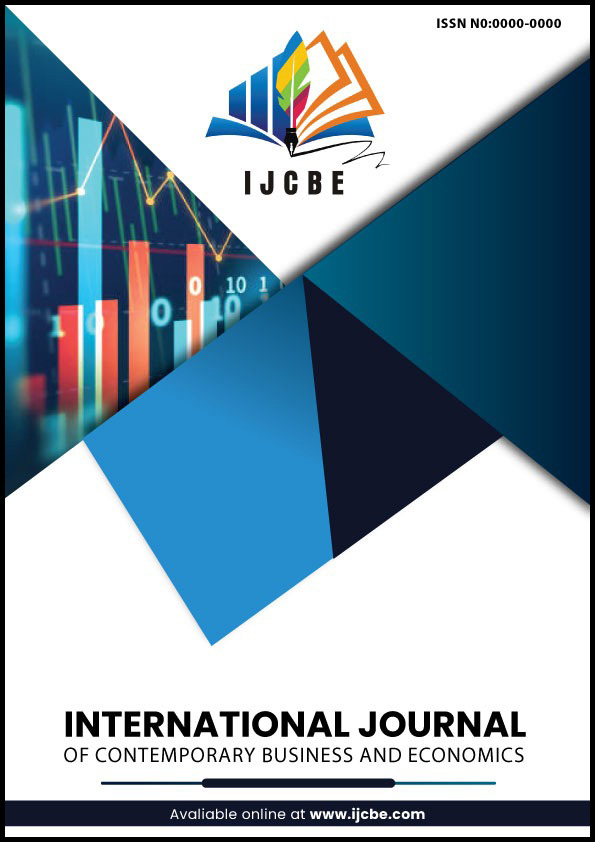Impact of International Crude Oil Price Volatility on Non-Food Inflation in Pakistan: Long-Term and Short-Term Perspective: An ARDL Approach
DOI:
https://doi.org/10.61338/ijcbe.v2i1.26Keywords:
Oil Price Volatility (OPV), Quantity Theory of Money (QTM), Non- Food Inflation, PakistanAbstract
The study investigates volatility in international crude oil prices affect the pricing of non-food items prices in Pakistan. It also examines inflation in Pakistan is mainly attached to oil prices and determined as “monetary phenomena”. The "Quantity Theory of Money" (QTM) is used for theoretical justification. While empirical results were obtained using the ARDL (Autoregressive Distributed Lag Model) based on monthly time series from July 2001 to June 2019. The results revealed that oil prices are positive and statistically significant. Non-food inflation is proven to be more effective in the long run than to the short run with an order of 8 lags. Non-food inflation tends to fall by 1.59 % for every 1% increase in real national income, but non-food inflation rises by 1.10 % for every 1% increase in M2. In the long run, a 1% rise in External Debt (EXTDBT) has a 0.4 % impact on non-food inflation. While Non-food inflation would climb by 0.86 % with a 1% increase in current world oil prices. Whereas the real income coefficient is shown to be very elastic, the LSMI (Large Scale Manufacturing Index) coefficient is determined to be between 0.1 and 0.3 %. On average 0.11% non-food inflation occurs due to a percentage change in real M2. However, from a policy perspective, we suspect that inflation can be managed and solved by switching from crude oil to renewable energy, implementing contractionary policies, and enacting long-term solutions to monetary and fiscal challenges.









